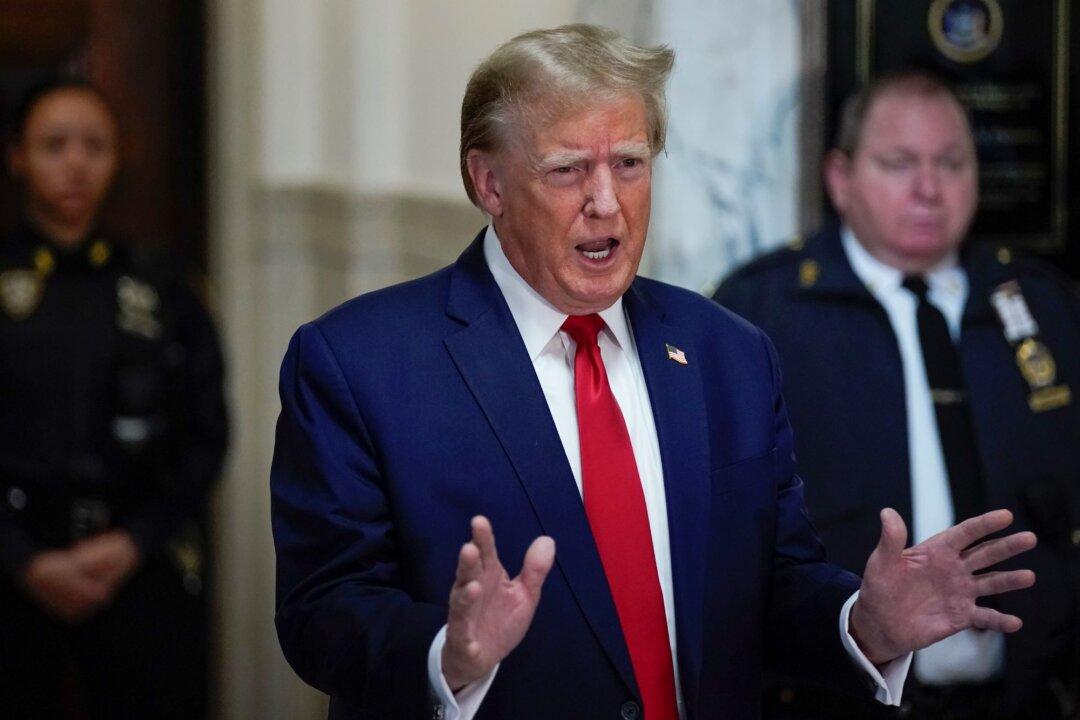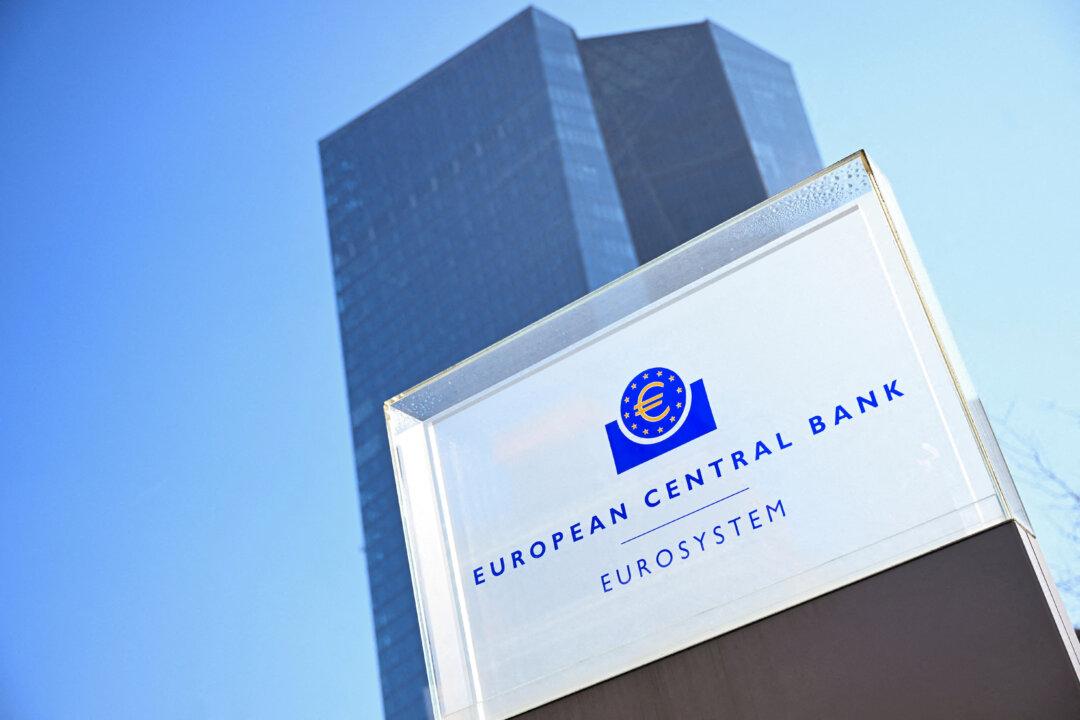Former President Donald Trump issued an urgent call for action to his fellow Republicans over what he called “the biggest story of the year,” namely a survey showing that roughly 20 percent of mail-in voters admitted to at least one potentially fraudulent action in the 2020 election.
The Heartland/Rasmussen poll, released on Dec. 12, suggests there may have been concerning levels of voter fraud in the 2020 election, bolstering President Trump’s longstanding claim that he was cheated out of a victory amid an explosion in mail-in ballots combined with state-level moves by the courts that made it easier to cheat.





